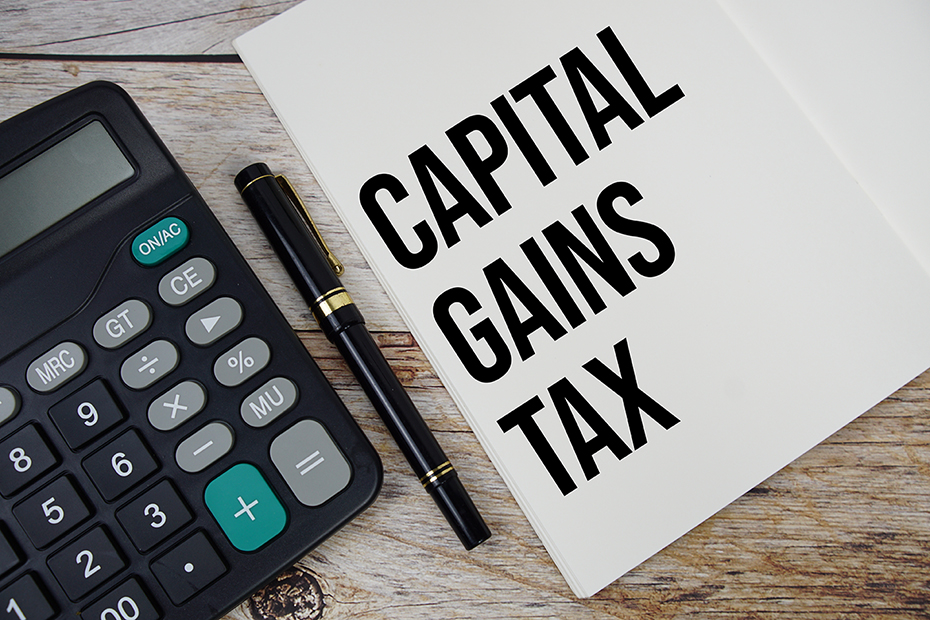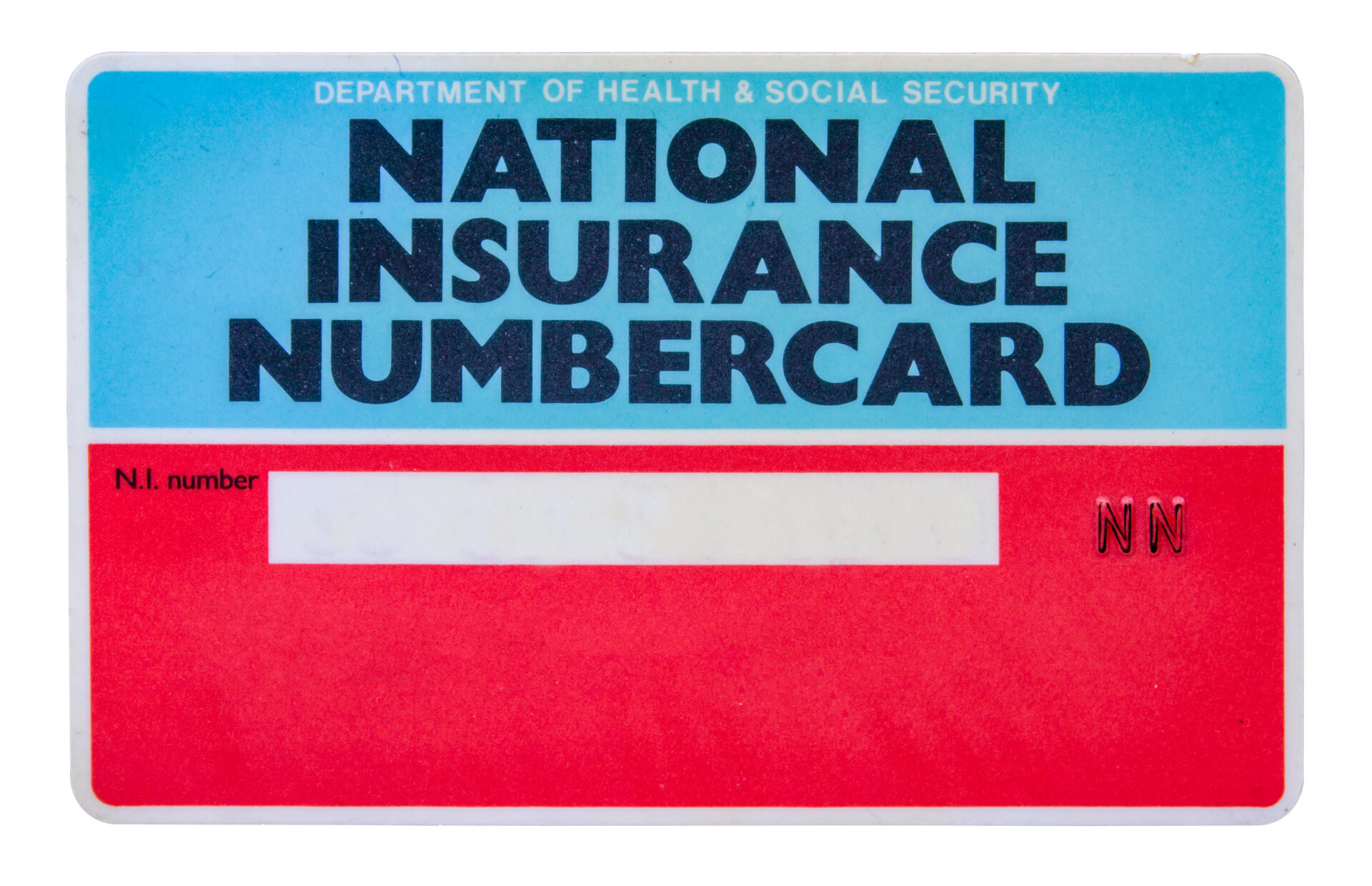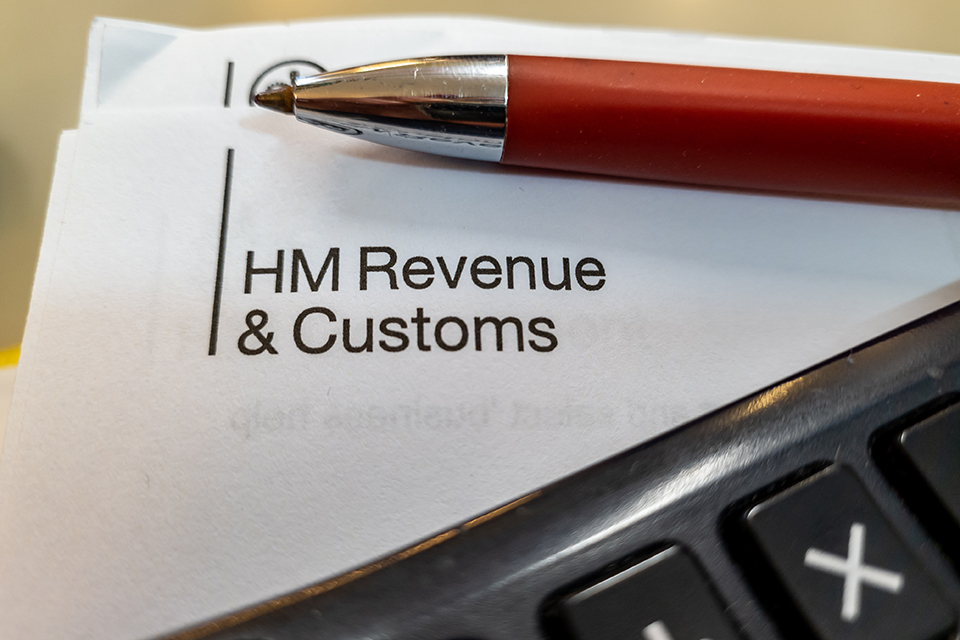

Using eBay, Vinted, Etsy or Airbnb to make some extra income?
What’s changed?
From the start of 2024, digital reseller platforms like Etsy, Amazon, Depop and Vinted are required to share details of seller incomes with HMRC. That means that if you sell goods on any of the above (or similar) or you rent out your spare room on Airbnb, HMRC will now be able to find out what you’ve earned from them.
This is going to increase my tax, isn’t it?
Not necessarily. First, there are thresholds below which you won’t pay anything (see below). Second, it is just possible that this could ultimately save you money. The greatest likelihood, however, is that this will have no effect. "It’s actually quite a small proportion of users of our platform who will trigger this threshold where we need to provide information," Adam Jay, Vinted CEO told The Independent.
How much can I earn tax free from my sideline?
Two types of tax may be relevant here. Which applies depends on whether you’re selling your own possessions as a way of clearing space in the wardrobe or selling things you’ve bought with the intention of reselling them to make a profit.
Income tax: This applies to people who are buying to sell (or buying to upcycle to sell). If your income — that’s turnover, not profit — from your eBay/Vinted etc trading is more than the trading allowance of £1,000 per year, you’ll need to declare it. If the amount you earn is less than £1,000 you don’t need to pay anything or declare anything.
If your earnings are above £1,000, you can still deduct the trading allowance from them, so you’ll only pay tax on amounts above the threshold.
And if you can demonstrate that you’ve made a loss on your ad hoc earnings (that is, you paid more than you made), you may be able to offset that loss against your other tax liabilities.
Probably best speak to us about doing that though as this is where things can get complicated.
Capital gains tax: This applies when you’re reselling your own personal possessions. Usually (unless you’re the smartest of buyers) you’ll be selling for less than you paid.
Here, HMRC sets the threshold at £6,000, so earnings below this don’t need to be reported. In reality, the amount you’d need to earn may be considerably higher even than £6,000, because of the “wasting chattels” exemption. This effectively removes from the equation any item with a useful life of less than 50 years. So while you might expect a watch, ring or retro table to meet that requirement, you probably wouldn’t expect the same of an old pair of jeans.
Need help? Talk to T&G
Like Vinted’s CEO, we expect the number of people who are adversely affected by this change to be relatively small. That said, we expect the number of people who will be worried that they might be affected to be quite high.
So if you’re not sure what you need to declare, what records you need to keep and what you might need to pay, talk to us.





